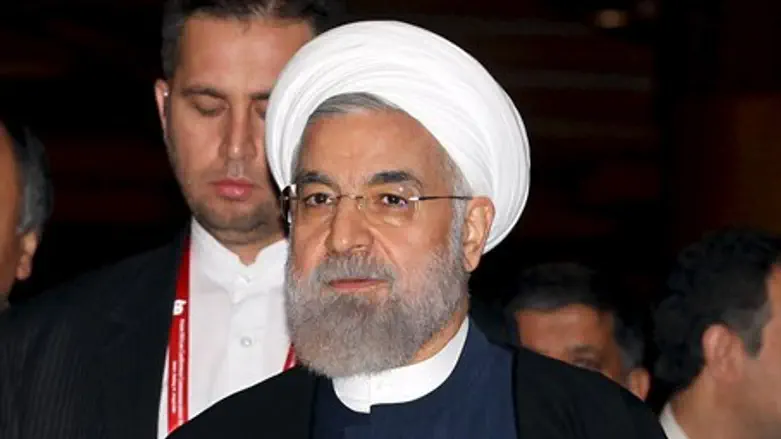
US lawmakers are worried that loopholes in last year’s Iran nuclear deal could enable the rogue nation to acquire advanced Russian weaponry and develop sophisticated long-range ballistic missiles.
As part of the deal, United Nations Security Council Resolution 1929, which placed heavy sanctions on Iran’s military, was replaced with Resolution 2231. One of the key differences between the two resolutions is the latter’s removal of a blanket ban on arms sales to Iran.
Under the new arrangement, conventional arms sales to Iran would be permitted by default, and would prohibited only if the Security Council objects. Given the Russian veto on the council, some argue that this effectively amounts to a de facto repeal of sanctions on the sale conventional arms to Iran.
While the resolution still requires that member states receive approval for weapons transfers, the conventional weapons ban’s five-year duration enables Russian sales to be signed now with delivery scheduled for after the weapons sanction expires.
One US official, speaking to Al-Monitor on condition of anonymity, revealed that the Security Council resolution was “drafted/structured in a way to appeal to Iran’s sensitivities, while at the same time imposing clear obligations with respect to certain prohibited transfers.”
“Iran felt that blanket bans didn’t look good and were too reminiscent of the Security Council’s previous approach,” the official continued.
Given the Obama administration’s apparent flexibility in crafting the Iran deal, some on Capitol Hill are worried the White House will turn a blind eye to sales to Iran, particularly given the administration’s present efforts to achieve rapprochement with Russia.
Tennessee Senator Bob Corker, Chairman of the Senate Foreign Relations Committee, is among those in Congress pushing legislation that would tighten arms sanctions on Iran.
Among the items Corker is pushing are an extension of the 1996 Iran Sanctions Act, which prohibits companies from doing business with Iran; stronger sanctions targeting conventional weapon sales to Iran, and punitive actions targeting Iran’s recent ballistic missile tests.
